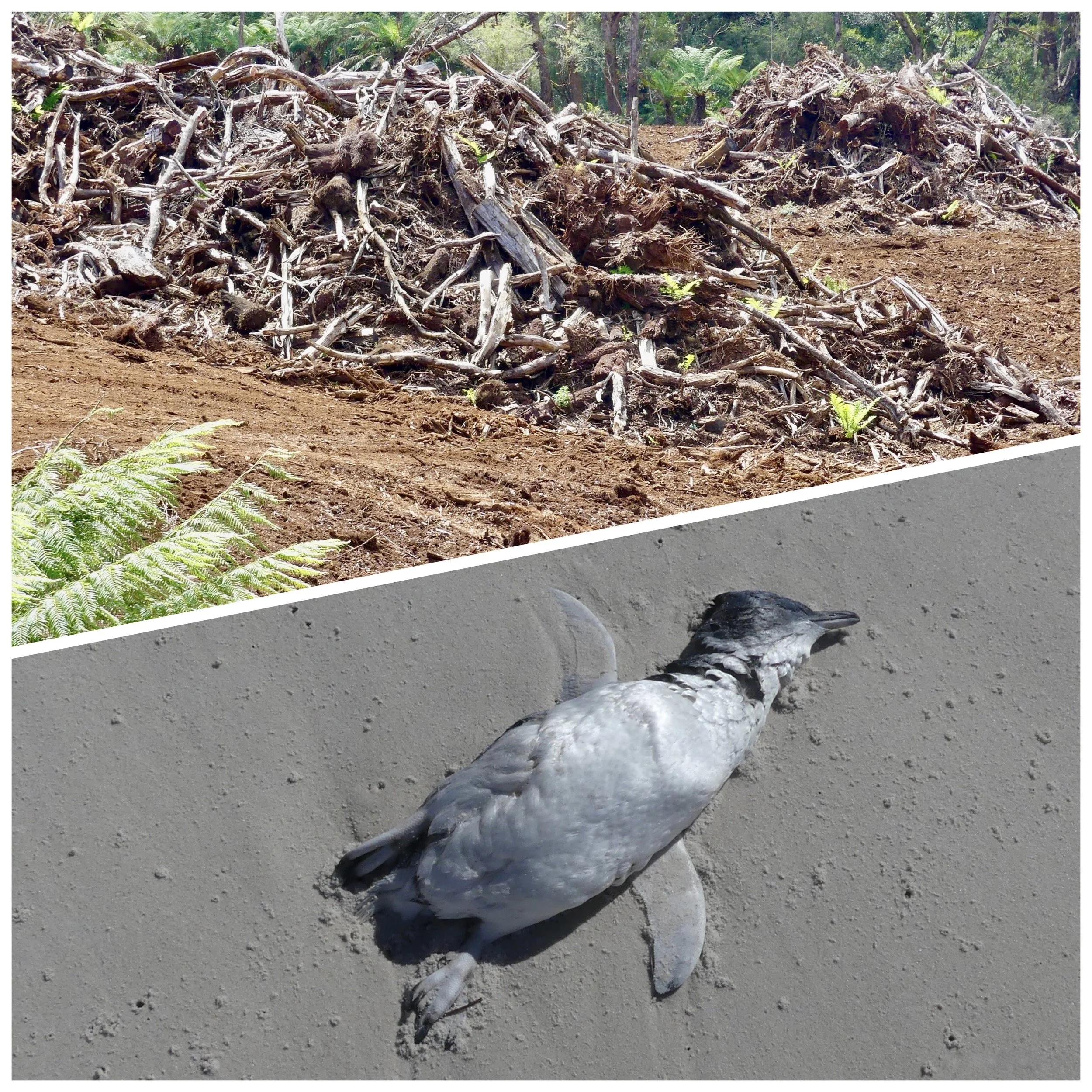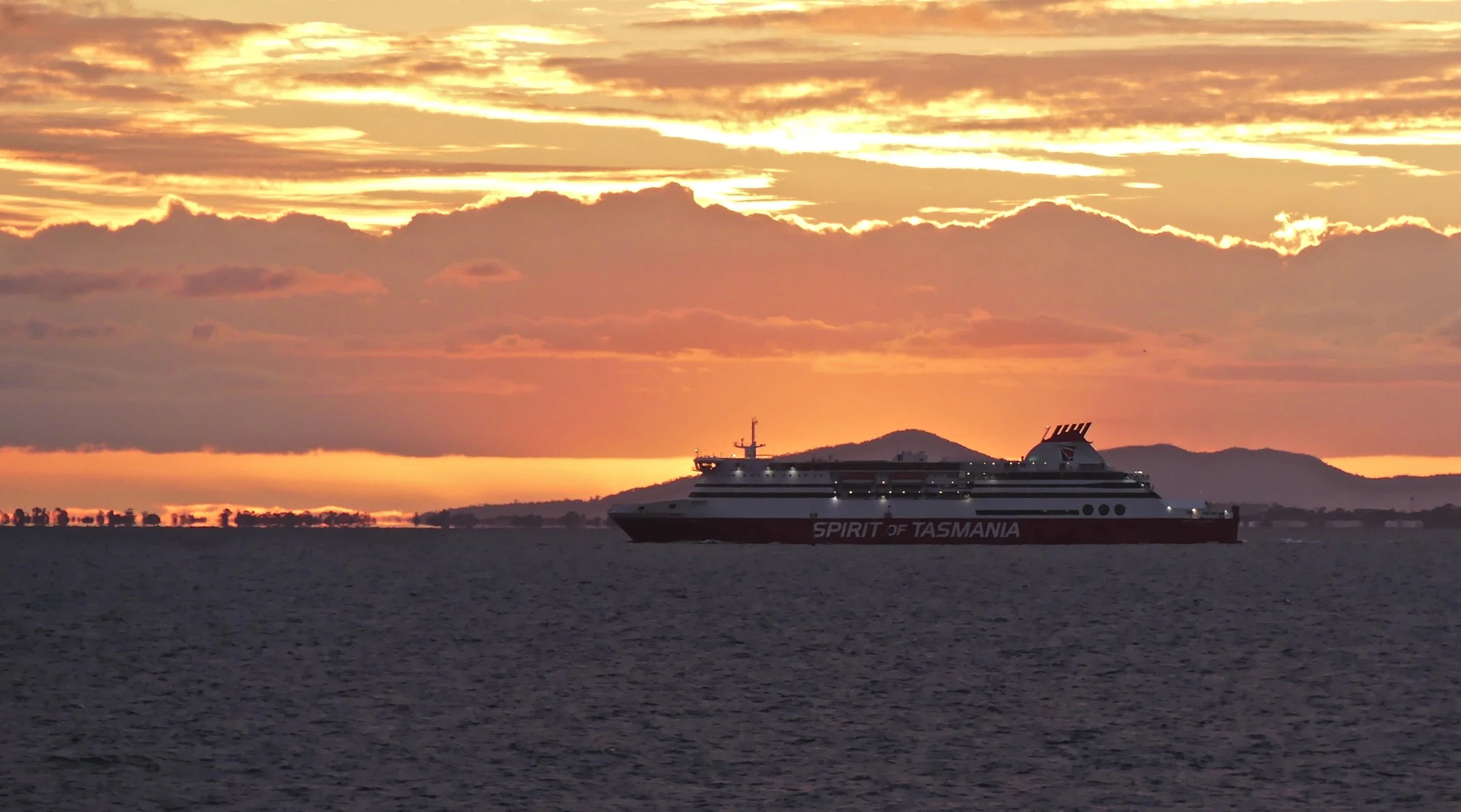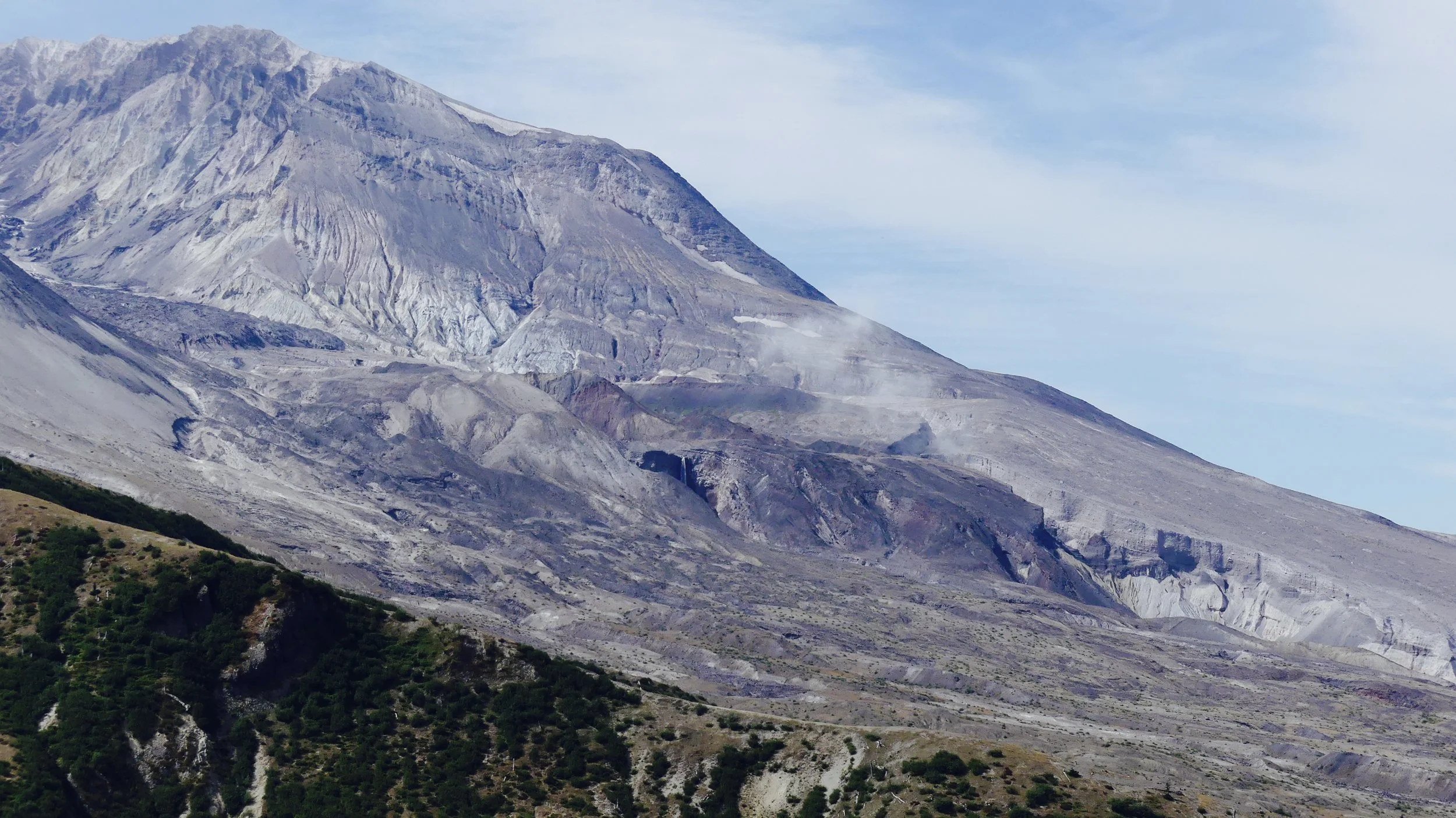Rant
A couple of days ago I began a bit of a rant…
'In March 2015 I wrote about there having been a world's-gone-mad week. By March 2018, this is a permanent state of affairs. Few days go by without head-in-hands disbelief, quickly followed by despair. I would say I have a bleak outlook on life. And I get angry, often. These are the things that get my goat.
Climate breakdown cannot be cloaked in technological positivity.
Perpetual economic growth is unsustainable; imbalance in the system must be corrected so that, first and foremost, the poor get richer at the expense of the rich.
The democratic process is being eroded by nasty parties' barely concealed self-interest and their displacement of integrity by entitlement.
Australia shares a quasi-American, god-given-right attitude to land clearing and development resulting in the degradation of land and consequent loss of biodiversity.
As 2017 became 2018, I felt unmotivated to summarise events of the year that had drawn to a close – except, perhaps, for marriage equality and the total eclipse of the sun – and neither could I look forward to a new year with few prospects of improvement. The Great Barrier Reef is dying. Aberrant weather patterns pepper the planet. Bewilderingly, the rogue occupant of the White House is still there, his brand of governance normalised. The government of this country is in thrall to the resources industry. The government of the country I left more than eight years ago follows an insane path of extrication from the European Union on the basis of a non-binding referendum and in denial of the country's inevitable economic decline as a result. Superpower brinkmanship is well and truly back, and coinciding with Australia's ambition to become a bigger arms exporter. Not enough people care enough about the sixth mass extinction* that is gathering pace…'
Then I had to pause.
The rant was triggered by a number of disappointing news items over last weekend. In Tasmania, the Liberal government was re-elected for a second term, despite having snuck in plans immediately before polling day to relax gun laws and forestry restrictions. Labor had promised to take pokies out of pubs and clubs, so pokie providers retaliated with a hefty donation to the Libs and an aggressive campaign. Then I read two articles about the mismanagement of land clearing (here and here). I get upset about the felling of trees. I spent a long weekend in Tassie a week or so ago, and was dismayed to come across land cleared for, I'm assuming, agricultural use, as well as the usual wretched landscapes of felled plantations belonging to Sustainable Timber Tasmania (Forestry Tasmania was rebranded last year). There's a pile of logs or a timber truck around every corner.
And then on Monday I watched 4Corners Weather Alert. Reporter Michael Brissenden investigated how producers and managers in a variety of industries across Australia are dealing with what they fully recognise to be climate change. He visited a 5th-generation cattle farmer in New South Wales who had 130 years of meticulous rainfall and temperature records that revealed an increase of 0.8 of a degree each decade since 1985. The cattleman described how the resilience of the land has changed, too: it doesn't recover as well after drought in warmer temperatures. He's changed his methods; restoring natural water flow across the land, running fewer cattle, keeping more trees, and resting some paddocks. He called it regenerative farming.
Brissenden then went cherry harvesting in South Australia, where a three-year crop cycle has been disrupted. 'Now it's all over the shop, with mainly light crops', explained the cherry farmer. Picking now starts at the end of October instead of the first week of November. Cherries are sensitive: they like a bit of winter chill, but winters in SA have been getting warmer. Grapes are even more affected by small changes in climate. The Mt Lofty Ranges was always a warm place for grapes, but now winemakers have to keep grapes cool to prevent heat stress, and pick earlier to maintain the same sugar content and flavour. In Victoria, 800 km away, reduced rainfall is radically altering wine-growing strategies. The Bruer winery is now using cool climate grape varieties grown in Tasmania in some of its wines, and is working with CSIRO (Commonwealth Scientific and Industrial Research Organisation) to find a grape that takes longer to ripen in Victoria's hotter growing season.
The programme also examined the commercial realities of climate change for the finance sector. Company directors who fail to disclose climate risk or plan adequately for the transition to a low-carbon economy and society's response to climate change put their company's future in jeopardy. Increasingly, too, shareholders are raising the profile of corporate climate risk. And then there's real estate. It's the Australian way to aspire to a home by the ocean, but many such dreams will be dashed by rising sea levels. Insurance companies have to plan now how to deal with millions of vulnerable properties that will become prohibitively expensive to insure. This is already happening, but how quickly people forget images from a couple of years back when, after storms over Sydney, waterfront life-stylers had to retrieve their swimming pools from the beach.
As temperatures rise and rains fail, so dams** dry up and aquifers fall, and longer-term solutions are required for supplying water to the inhabitants of a city such as Perth. The CEO of the Water Corporation of WA described expensive schemes to recycle waste water and desalinate seawater. She's been working hard since 2002 to provide the city's drinking water supplies from 'climate independent sources'. She summed up 4Corners' conclusion succinctly:
What we're dealing with here is not drought. It's long, sustained change in the way our climate operates and that requires us to behave in a very different way. It's not a short-term solution. It's a long-term behaviour change.
Emergency management and care agencies are increasingly proactive these days in planning for extreme weather events. Gone is an assumption that they will be able to cope and in its place the recognition of significant hazards and the specific operational responses required. Nowhere are the changes more obvious than among firefighters. In New South Wales they have observed more intense and unpredictable fires in a season that starts earlier than it used to. There's a new category on the fire rating scale beyond extreme: catastrophic. Early detection followed by rapid response is the new modus operandi. Firefighters on motorbikes carrying small equipment reach a fire ten times faster than a truck, and then try to hold the fire while relaying their assessment of the situation back to the control centre.
I had known for years that fire departments and many companies were just getting on with planning for the many and varied risks of climatic discuption, which is well and truly with us and not some way off in the future. 4Corners still surprised me, however, with the extent of planning and preparedness across many sectors of society. Except by the federal government, of course. Their downplaying and outright denial in some cases of the single biggest problem facing all nations on earth is treasonable.
Did members and ministers watch 4Corners? If they didn't, then they should familiarise themselves with the phenomenon of the people taking matters into their own hands. If they didn't watch because they know it all, may their gods forgive them for their complacency and perfidy.
* The Little (or Fairy) Penguin (below in the picture at the top of the page), found around the southern shores of Australia, is threatened by habitat degradation, tourism and inconsiderate dog owners as well as its usual predators. At Stanley in northwest Tasmania last year, one dog on the loose killed 40 Little Penguins in one night.
** Australians call a large pond or small lake used for water storage, or a reservoir, a dam. After eight years, finally I no longer wince when I hear talk about fishing in the dam.





